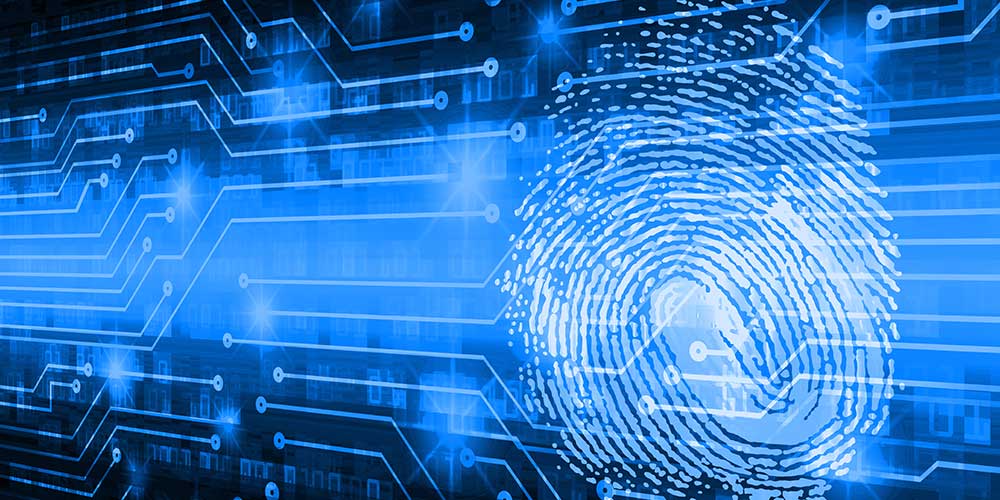Liability Is Another Critical Reason to Be Prudent About Cybersecurity
Cyberattacks should be on the radar of every agency in the public-safety/justice community. One of the most prevalent attacks involves ransomware, which is a specific type of malware that cyberattackers use to exploit a system vulnerability and then launch a program that encrypts the organization’s data files, essentially locking them and rendering them unusable. The cyberattacker then demands a ransom—hence the name—to provide the key that unlocks the files.




